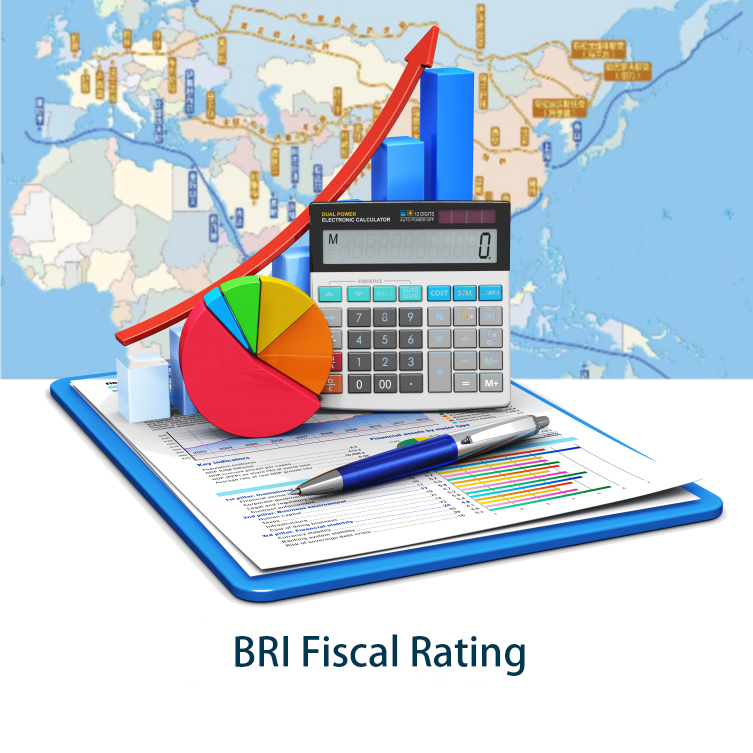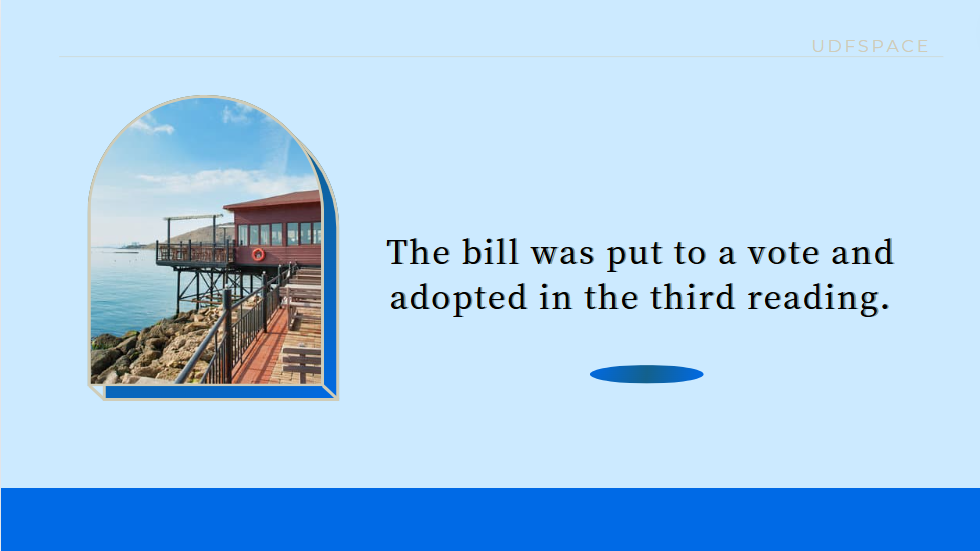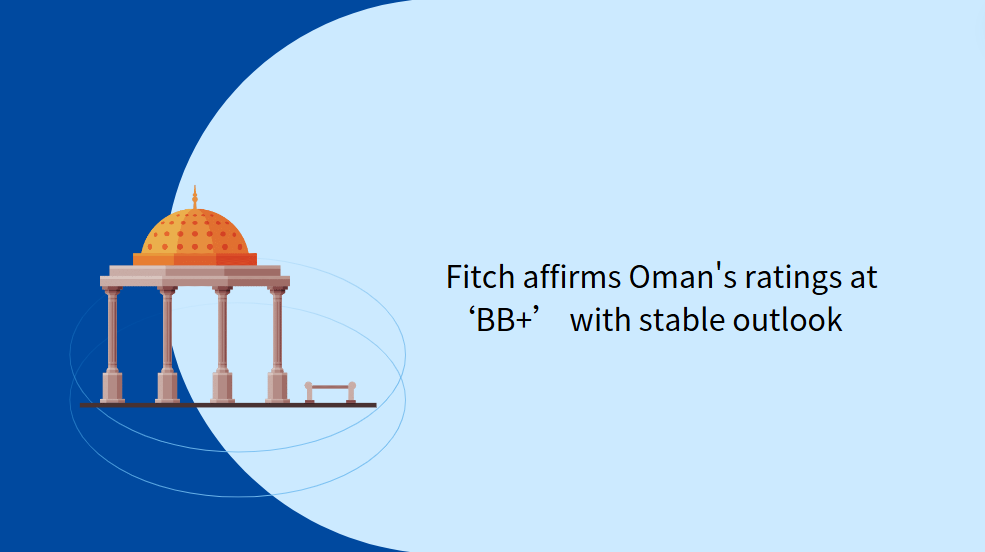Tax challenges for international businesses in Poland in 2024
Monika Marta Dziedzic of MDDP provides insights into the most important tax developments from 2023 that international businesses need to keep in mind for the coming year
Withholding tax revolution
For international investors, 2023 was marked by withholding tax (WHT) issues. The change in the approach of the Polish tax authorities has made it difficult to obtain a WHT refund or positive opinions on WHT. Finally, on September 28 2023, the draft of the official clarifications on WHT (the Draft) was published.
The Draft identifies circumstances that, in practice, lead to WHT discrimination of certain categories of entities or even entire industries, such as international investments. According to the Draft, a tax remitter will not be able to apply a reduced WHT rate or exemption if, among others:
The recipient of the payment earns a small margin;
The recipient of the payment receives income mainly of a passive nature, including financial payments from related parties, and there is a short time lapse between the receipt of funds and their subsequent payment;
Received payments are transferred to a recipient that would not be able to benefit from a preference on, or exemption from, WHT, and the recipient of the payment does not reinvest the funds received;
There is no effective taxation of the receivable in the country of the recipient’s tax residency;
The recipient of the payment shows significant related-party transactions in its financial statements; and
The recipient of the payment is based in a country with an extensive network of double taxation treaties.
Tax on shifted profits
Another important novelty is tax on shifted profits. This tax applies to cross-border payments of a passive nature made to related parties seated outside Poland. Taxpayers falling to meet certain criteria must pay a 19% tax, levied on the sum of certain payments, such as:
Service fees;
Royalties; or
Interest.
Payments to EU/European Economic Area resident taxpayers are excluded, provided that these taxpayers conduct a genuine economic activity. Shifted profits tax liability exists when the following criteria occur jointly:
A relatively low level of taxation imposed in the related-party recipient country – a tax rate lower than 14.25%;
A high level of passive income – qualifying payments exceed 50% of gross revenue;
Related-party transfers in which at least 10% of the revenue is of a passive nature to another entity and the revenue is treated by this related party as tax deductible costs/reducing its tax base/tax payable or constitutes distributable profits (for example, through dividends);
Qualifying payments treated as tax deductible exceed 3% of the taxpayer’s tax-deductible costs reported.
Minimum local corporate profits tax
From January 1 2024, the 10% minimum corporate income tax provisions will take effect again, unless suspended by the new government. The minimum tax will apply to companies with Polish tax residency and domestic tax capital groups that in the tax year:
Suffered a loss from a source of income other than capital gains; or
Achieved less than 2% of profit as a proportion of non-capital gains income from a source of income other than capital gains to the respective profit.
The tax base, in a nutshell, will be 1.5% of income from so-called operating activities, with numerous exclusions and deductions.
Mandatory electronic invoices
From July 2024, all invoices in B2B transactions between VAT-registered taxpayers in Poland will be sent and received exclusively through the National System of e-Invoices (KSeF). The system is also to include foreign entities with a fixed establishment in Poland. B2C invoices will be entirely excluded from the KSeF, with no possibility to use the KSeF voluntarily.
KSeF implementation is a complex and time-consuming process. It includes not only technical aspects but also the necessity to introduce very significant changes to processes, internal procedures, agreements, and regulations.
GloBE – pillar two
Poland has not issued any regulations implementing a global minimum tax, so multinationals can assume that in 2024 no payments in Poland under pillar two will be required, but many subsidiaries belonging to groups liable to the Global Anti-Base Erosion Model Rules will have to adjust to the new reality. The law implementing a global minimum tax in Poland is expected during the year.
Single-use product fees/plastic tax
From January 2024, businesses will have to make some plastic-related payments, with a legal status of a regular tax. This will include a fee for certain single-use products dispensed to customers, which will be added to the price of the product. Producers of plastic products will also incur fees for introducing plastic products to the market.
Cross-border reorganisations
From mid-2023, certain cross-border reorganisations became available to Polish entities and some are now much simpler than before. Mergers, demergers, or the migration of companies is now a much more interesting and realistic proposition, so one should remember all available tax exemptions and their prerequisites.
Polish family foundation
From mid-2023, Polish family foundations can be registered. They are available not only to Polish founders. Polish law is a mix of best worldwide practices so it is worthwhile to consider them in planning for the future. Tax exemption on most types of earnings and a 15% tax on distributions are the main features of Polish family foundations.
Even more for businesses to monitor
Those are the most important issues but not the only ones. The Polish tax system has to be monitored carefully by businesses so that they are in accordance with all the rules.























































First, please LoginComment After ~